Construction Expert Witness: A Litigation Guide
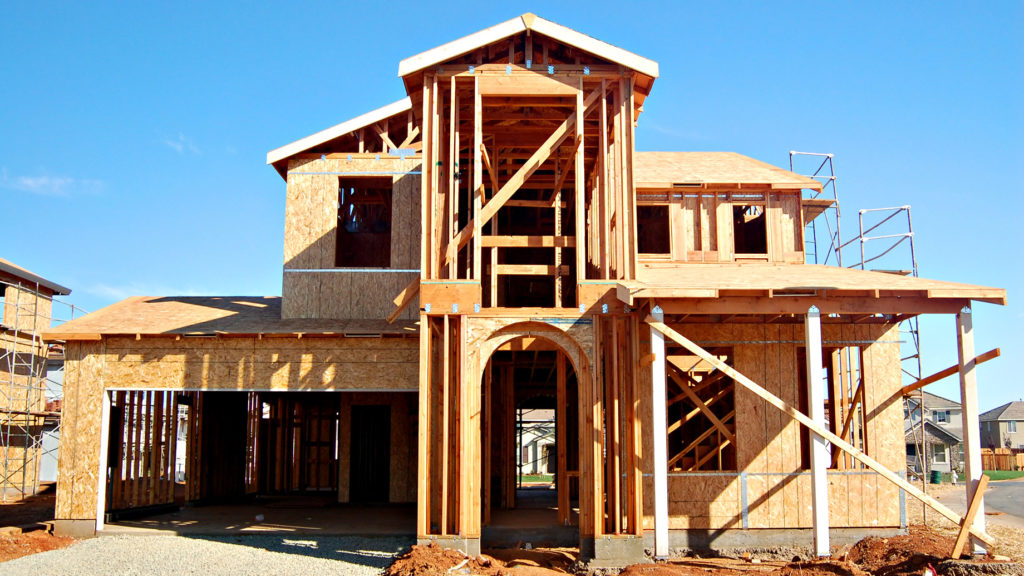
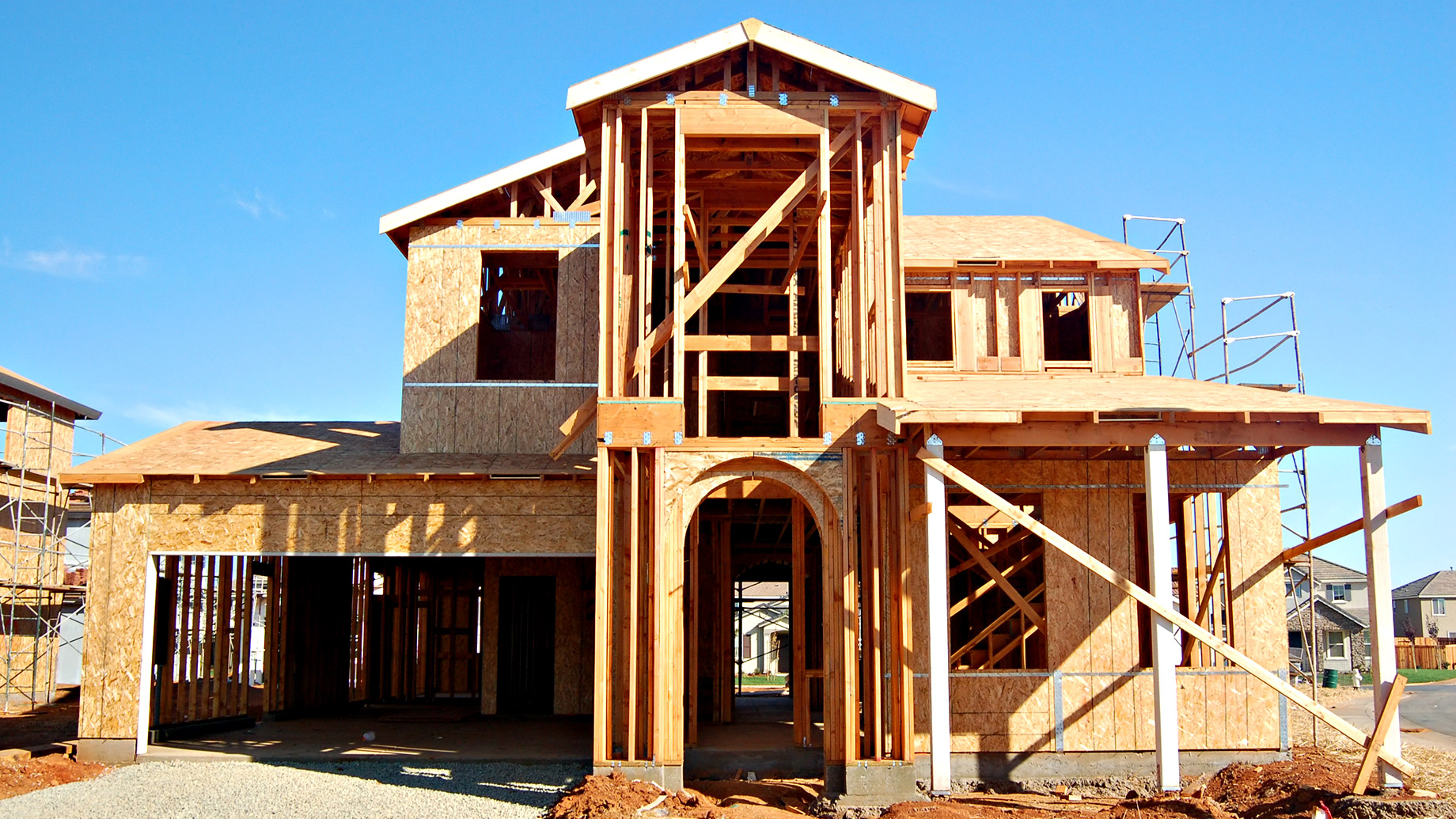
A construction expert witness has extensive knowledge and expertise of the construction industry.
This includes all aspects of construction accidents and construction injury. Their testimony helps to inform the trier of fact on issues related to construction law such as building delays, codes and compliance, construction costs, and construction defects. In such cases, experts discuss factors such as the building process, construction contracts, financing, bonds and insurance, construction management, mechanic’s liens, land use and zoning, licensing, regulatory compliance, and government permits. The building process involves everything from bidding on a real estate development project and negotiating a contract, to attaining building permits and disputing title claims. Construction experts explain industry standards and terms to the trier of fact.
A legal claim arising from a construction project may involve contract law, torts, and property law. For example, the lawsuit could be based on a breach of contract involving a dispute about contract performance or cost of the work; a wrongful death claim arising from a construction site accident; or an appeal of a zoning board’s building permit denial. Such legal disputes call for scientific testimony from a construction expert to inform the case decision-makers.
A construction law claim can easily involve multiple parties: condominium tenants suing a real estate developer for toxic effects resulting from airborne mold exposure may involve dozens if not hundreds of claimants; a homeowner seeking to remodel his bathroom may have to sue for breach of his contract if his project is stalled because a subcontractor, upset that he isn’t getting paid by a general contractor, filed a lien against the property; a state government seeking to build a state-of-the-art hospital may be bogged down by a legal dispute over whether to renovate or rebuild. With so many interests at stake, it is unsurprising that litigation often arises.
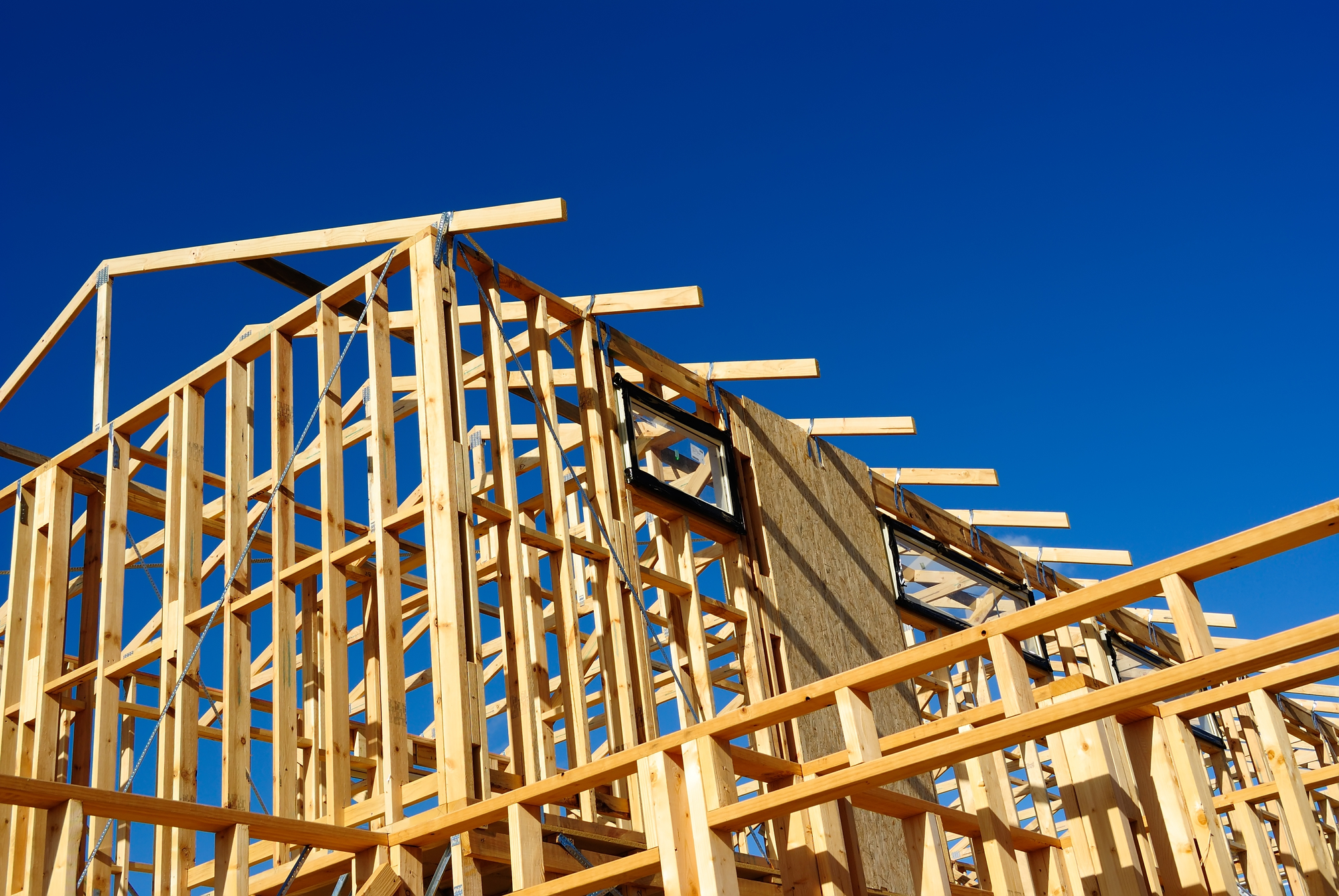
Who is Qualified to Testify as a Construction Expert Witness?
A construction expert is someone with extensive knowledge and expertise of the construction industry. They can discuss and describe industry standards, technical language, and complex issues to the trier of fact. They must be well-versed and up-to-date on the methodologies, processes, and materials used in the case at hand. This is especially important as new technologies and processes are constantly being introduced and improved on.
Depending on the facts of the case, it may also be important to hire a specialist with expertise in a particular field. Construction experts include real estate developers, contractors, safety managers, material suppliers, demolitionists, electricians, and compliance experts. Certain experts are licensed and certified in matters such as construction health and safety, quality control, OSHA standards, EPA rules, 3-D construction, and construction management.
A construction expert may consult, provide reports, and testify on various aspects of construction, such as:
Accident Investigation
Building Code Compliance
Construction Defects
Cost Estimates
Construction Estimates
Construction Safety
Design Evaluation
Forensic Evaluation
Governmental Regulations
Infrastructure Projects
Price Discrepancies
Quality Issues
Standards of Care
Structural Engineering
Toxic Mold
Work Zone Safety
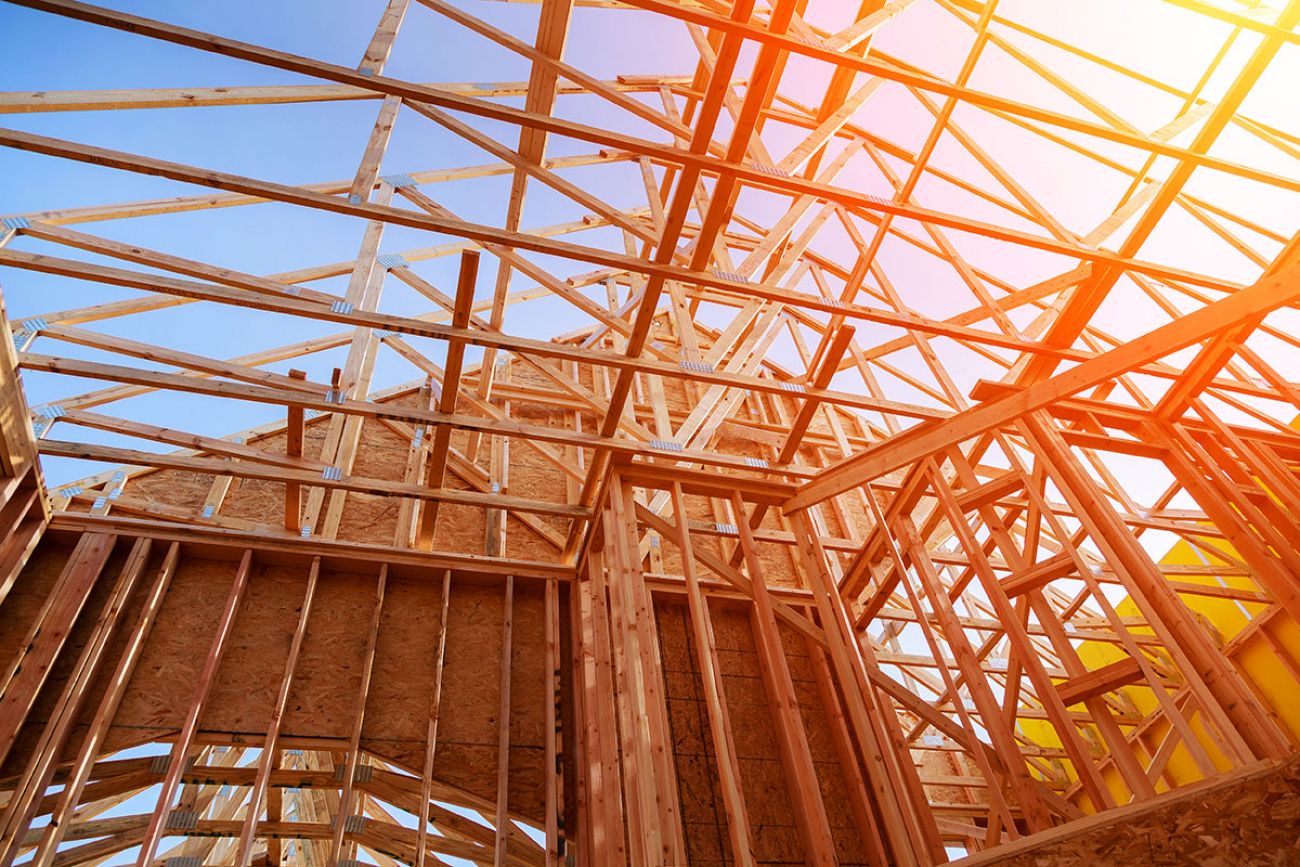
Testimony Provided by a Construction Expert Witness
Standard of Care
When a legal dispute centers on assigning responsibility for an accident or mistake, a construction expert testifies on the standard of care. The expert may opine on both the explicit and implicit warranties and duties of a construction contract and project plan. For example, a construction contract calling for the building of a 20-unit condominium, the contract may explicitly warrant the funding for the project. It may also implicitly warrant the comprehensiveness and accuracy of the design plans and specifications. A construction expert can also discuss standard industry warranties, such as attainment of all proper and necessary licenses, the quality, appropriateness and completion of the construction project, good workmanship, and the habitability of the structure. In disputes over such matters, experts provides testimony opining on whether a party in question met the level of responsibility associated with their job description and duties.
Understanding the standard care in construction cases is important for assigning liability following a construction-site accident. Construction is an inherently dangerous industry. To complete the project on schedule, employees frequently work in all types of weather conditions. Injuries might result from falling from scaffolding, ladders, or rooftops, or the malfunction of workplace equipment. Injuries could also manifest themselves over time, where a worker is exposed to toxins and other irritants that are abundant at a job site. Third parties that utilize the structure after a completed project are also at risk. Falling beams or plaster, or even a rotting floor, could result in grave injuries to occupants. A construction expert can speak to what signify as acceptable workplace conditions and quality standards for a completed construction project. Their testimony will inform the jury deciding which party was at fault.
Unfair Trade Practices
The testimony of a construction expert may establish a claim for unfair trade practices. An unfair trade practice is one that amounts to an abuse of power that is immoral, unethical, oppressive, or substantially injurious to the consumer.To prevail on such a claim, the plaintiff must prove the existence of: (1) an unfair or deceptive act or practice, or an unfair method of competition; (2) in or affecting commerce; (3) which is the proximate cause of the plaintiff’s injury.
Case Example: RCDI Const. v. Spaceplan/Architecture, 148 F. Supp. 2d 607 (W.D.N.C. 2001)
The defendants, architecture consultants, were accused of convincing a client to terminate his contract with the plaintiff-builders after a portion of their construction project became flooded. The plaintiffs argued that the “advice” to terminate the contract “fell outside the scope of the provision of architectural services.” The plaintiffs insisted that the defendants were unqualified to provide the defendant with advice on the cause of mold infestation and the proper means to treat it.
The court held in favor of the architecture consultants, finding that “their advice dealt with the remediation of mold infestation in the building” and that the plaintiff’s definition of architectural services was “cramped” and not as inclusive as the legislature intended. Case law demonstrated that by nature of their professional positions, architects and construction consultants may render advice concerning mold and structural damage. The court held that the defendants did not breach a standard of care by engaging in unfair trade practice as case law “speaks approvingly of an architect’s role in such undertakings.”
This case illustrates how the testimony of a construction expert can expound on the parameters of an architectural or construction consultant’s role in dealings with a client and what would be considered an unfair trade practice.
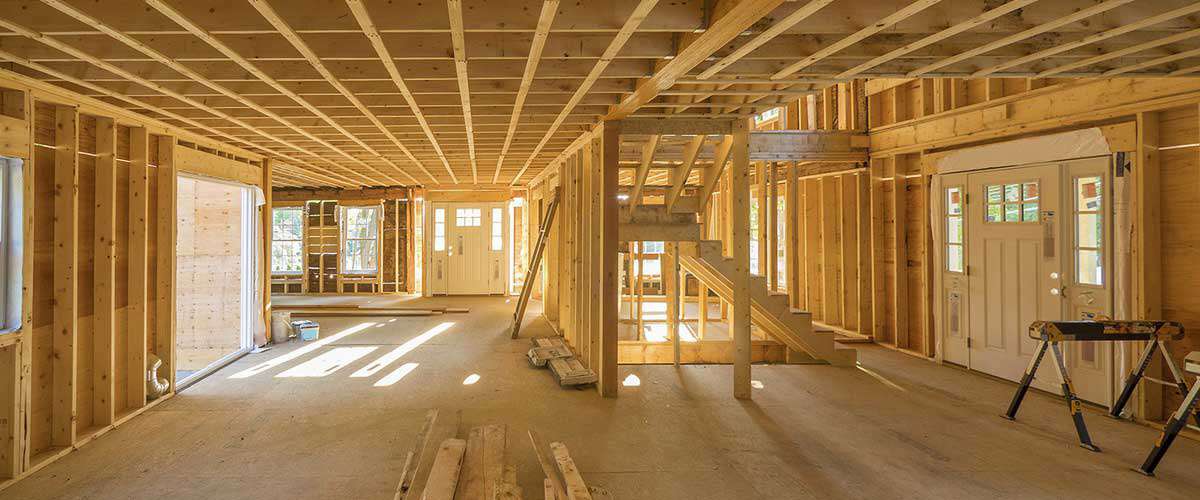
Complex Engineering Processes
Scheduling Delays
Many construction law cases brought to court center on delays in the construction process where the project cannot be completed on time. Delays in construction could cost the client substantial amounts of money, especially where delays prevent their new business or attraction from opening as planned. These delays might stem from any number of issues. For example, a delay could be caused by a third party unable to deliver building materials as promised, forces of nature such as hurricanes and snow, or a sub-contractor suddenly filing for bankruptcy.
In bringing a cause of action for costs incurred as a result of a construction delay, the plaintiff-contractor must meet the heavy burden of proof. As stated in George Sollitt Constr. Co. v. U.S., 64 Fed. Cl. 229, 240 (2005), the contractor must show that the breaching party’s actions affected activities “on the critical path of the contractor’s performance of the contract.”. It follows that disruption of an activity not on the critical path does not hinder the completion of the project. For instance, an activity “on the critical path” might be installing a septic tank beneath the home, before the foundation for the home can be laid. A construction expert who specializes in such details of the building process can explain how a construction project is scheduled and which was party – or parties – was at fault.
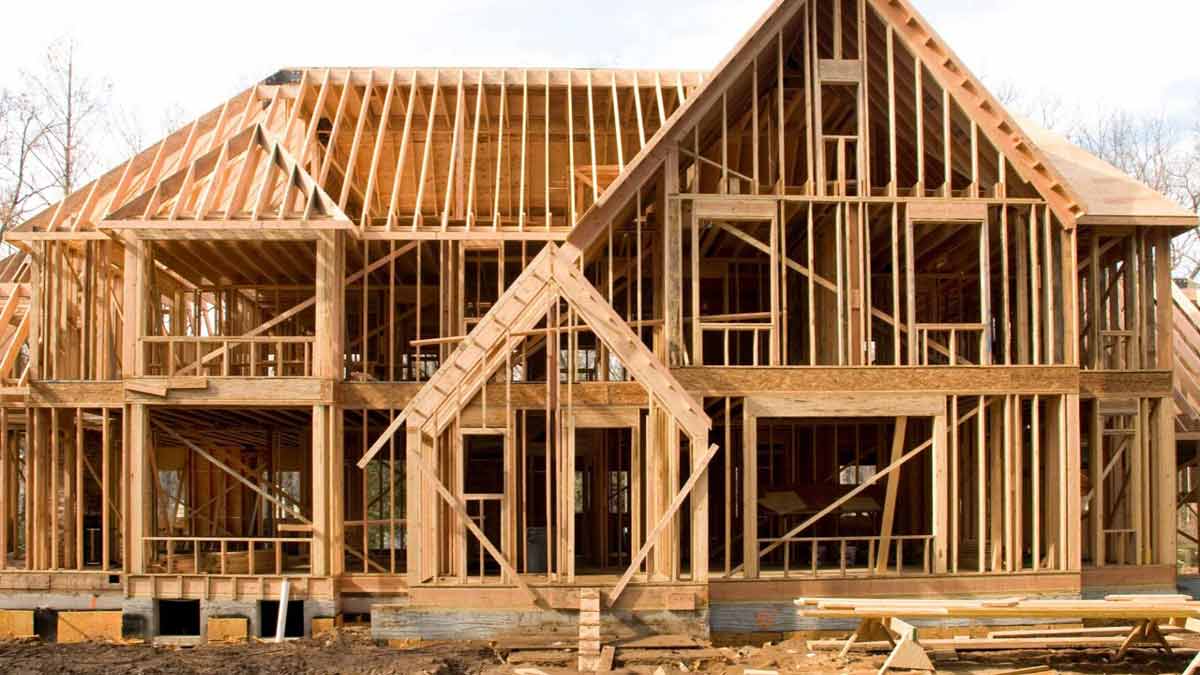
Estimates
One of the more contentious issues associated with construction contract litigation is, of course, the price one must pay for a certain construction job. Monetary estimates become especially relevant during the bidding process for a big company and government contracts. As these projects are incredibly lucrative for the developer, contractor, manager, and all other workers employed on the project, the bidding process is extremely competitive.
The complexity of such issues is compounded by the fact that there are multiple contracts and parties involved with a project that might contain divergent terms or monetary penalties. The general contractor relies heavily on the estimates provided by sub-contractors who wish to contribute their services to the building process. Sub-contractors include electricians and window-installation specialists. The estimates from the sub-contractors are computed to find the general-contractors overall bid for a project. However, litigation can arise in situations where there have been computing mistakes. Such mistakes affect the bid, resulting in either having to rescind an application or scramble to find a cheaper alternative. Thus, when a subcontractor makes a mistake, the general will try and enforce the terms of the sub-bid, often arguing the legal theory of promissory estoppel.
In the seminal sub-bid case, Drennan v. Star Paving Co., 51 Cal. 2d 409 (1958), the Supreme Court of California considered the legal obligations of a sub-contractor submitting a bid to a general. In that case, the defendant paver phoned the plaintiff general-contractor the evening before the general’s bid was due and offered a sub-bid. The general was ultimately awarded the project and chose the defendant for the paving work as he had provided the lowest estimate. However, the defendant then informed the plaintiff that he had made a mistake in computing his bid and he couldn’t possibly do the work for less than twice the original bid.
At trial, the defendant argued that he was entitled to rescind his offer because it was clearly a mistake. The court disagreed noting that this case differed from those where the sub-bids were so low it should have been obvious to the general that the bid was incorrect. The defendant then contended that his sub-bid constituted a revocable offer. Meanwhile, the plaintiff argued that it was customary in the area for generals to receive the bids of subs by telephone on the day set for bidding for a project and to rely on them in computing their own bids. The court again sided with the plaintiff, holding that “Defendant’s offer constituted a promise to perform on such conditions as were stated expressly or by implication therein . . . [and] had reason to expect that if its bid proved the lowest it would be used by the plaintiff.”
In such a case, testimony by a construction expert can help to sway the judge and jury. The expert would be especially helpful in elaborating on customary practices in the bidding process. Such as whether a bid received by telephone is binding on the sub-contractor, and explaining what bid signifies a computing mistake such that a general contractor would reasonably believe it to be erroneous.
Written by Anna Kraner, J. D.
Co-authored with Lauren Solari